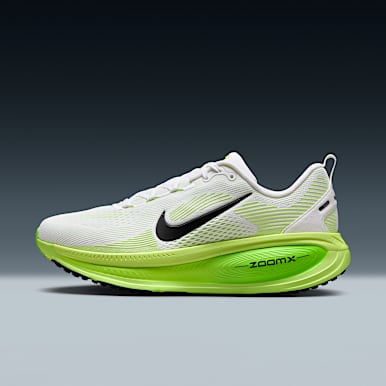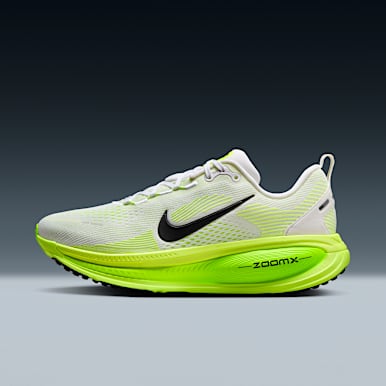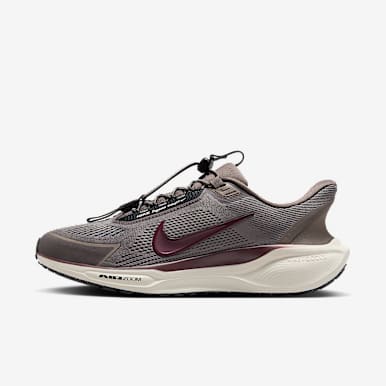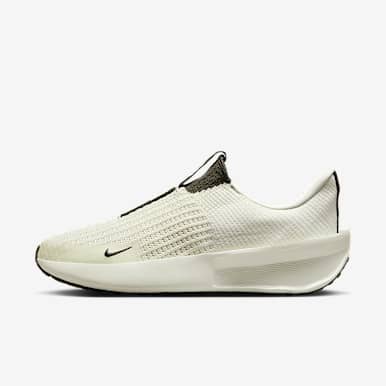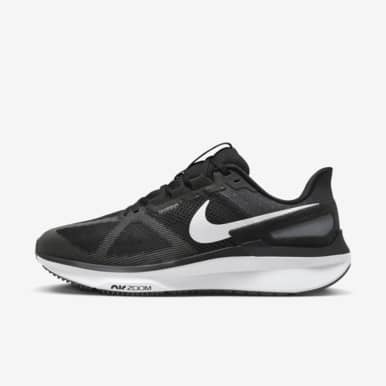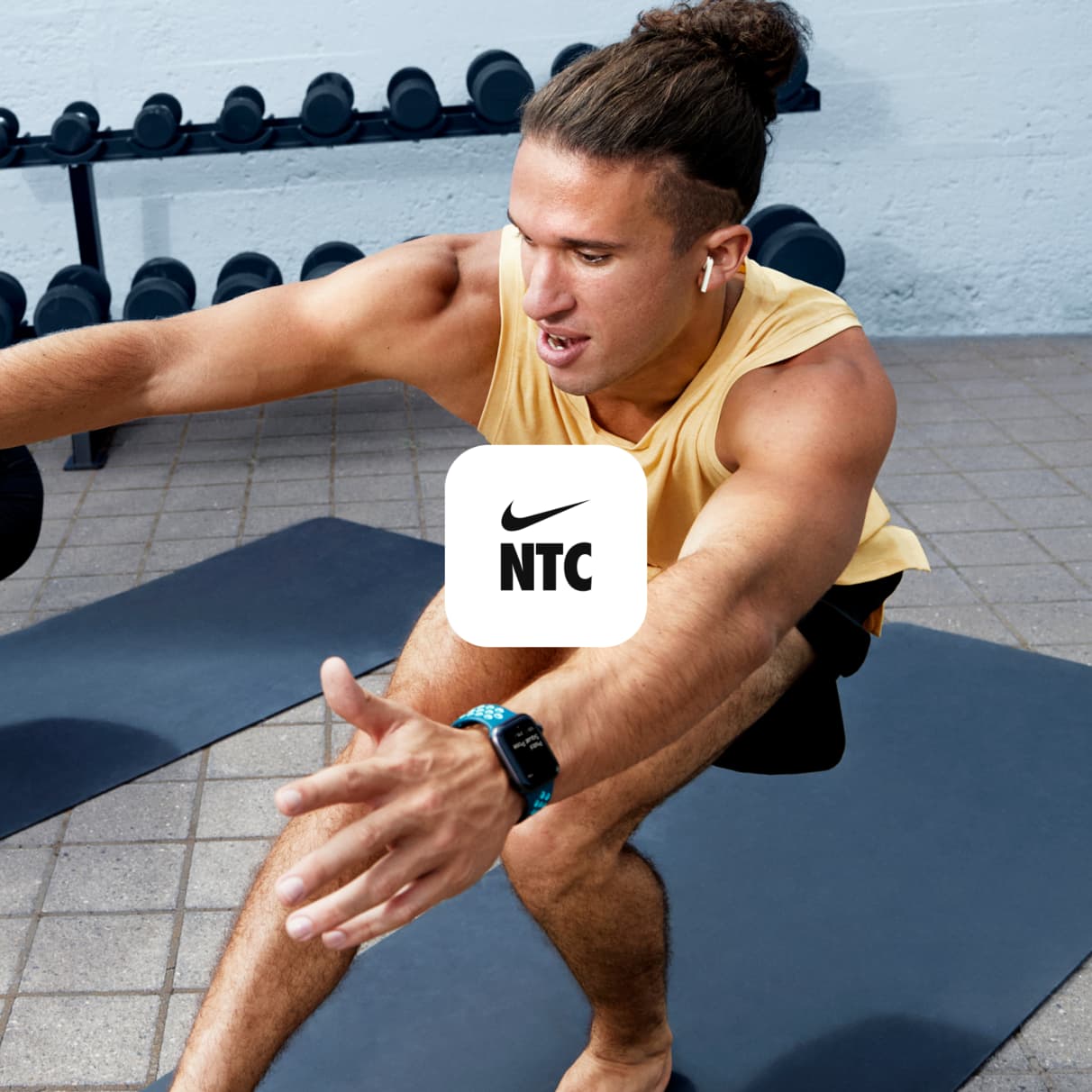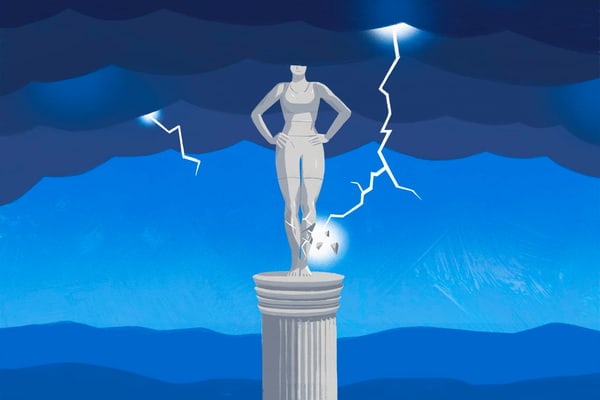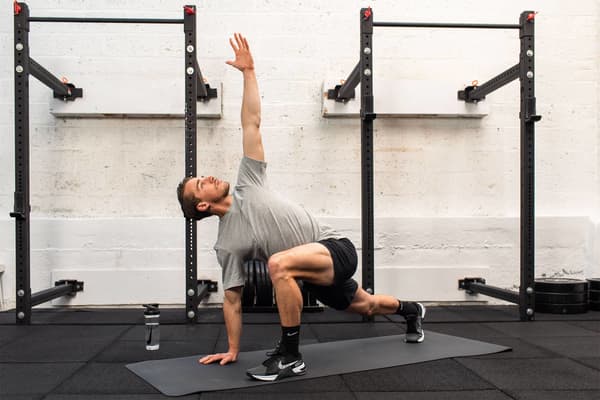Why Do Your Joints Pop — And What Does It Mean?
Health & Wellness
Crunch, crack, pop: These noises can all sound alarming, but in the case of joints, it’s a normal occurrence.
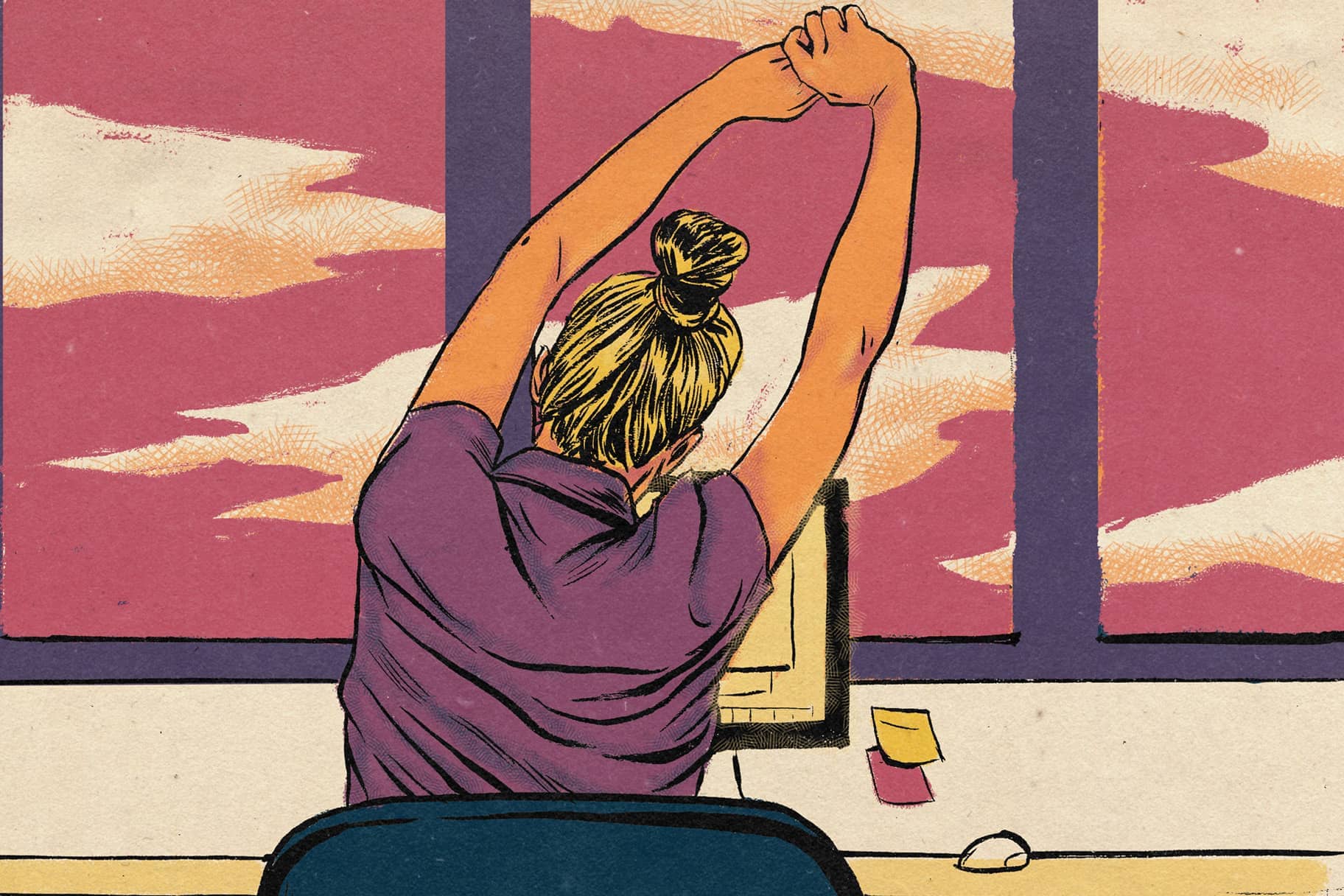
If you’ve ever “cracked” your back or heard a weird sound when you stretched your shoulder, you might wonder why you have popping joints. After all, most of your joints work noiselessly throughout the day, so why do they pop sometimes?
Know this: It’s not rare for joints to pop, and doctors say it’s not something to worry about — unless you have popping joints along with other issues. But what’s the deal with joints popping and when should you be concerned?
Below, experts share all you need to know.
What Does It Mean When Joints Pop?

First thing’s first: Your joints don’t actually “pop.” Rather, it’s a sound they can make while in motion that is very distinct.
Some patients of Matthew Axtman, D.O. — a sports medicine physician at Corewell Health West, in Grand Rapids, Mich. — describe the sound of joints “popping” as a crackle.
And, while the sound can be surprising, there’s no need to panic. “A joint pop, though seemingly alarming, is very common,” said Alexa Rohach, D.P.T. at Providence Saint John’s Health Center’s Performance Therapy in Santa Monica, Calif. She said that popping is a “natural part of a joint’s existence.”
“Whether it’s stiffness, increased muscular tension, or increased joint friction, ‘popping’ frequently follows,” Rohach said. And, while popping joints can be “loud, intense, and occasionally unexpected,” she said it doesn’t necessarily mean something is wrong.
Why Do Joints Pop? Or, Why Do They Make That Popping Sound?

Joints usually pop due to a buildup of air, explained Nicholas Anastasio, M.D., a board-certified physician at Orthopedics and Joint Replacement at Mercy Medical Center in Baltimore, Md. “Joint popping occurs when nitrogen bubbles are compressed within the fluid of a joint,” Anastasio said.
When your joints get stiff, it usually means that small gas bubbles or pockets have formed in the synovial fluid, the fluid that lines and surrounds joints to allow for smooth, friction-free movement, Rohach explained. “Naturally, this increases the pressure within the joint,” she said. “Near the end of our joint motion, these bubbles collapse and are reabsorbed within the synovial fluid.”
The actual sound happens when “gas bubbles burst and, as a result, a popping sound occurs,” said Michael Gerhardt, M.D., sports medicine specialist and orthopedic surgeon at Cedars-Sinai Kerlan-Jobe Institute in Los Angeles.
A clicking sound (known as crepitus) can happen if there is wear in the cartilage, Anastasio said. (Cartilage, in case you’re not familiar with it, is connective tissue that protects your joints and bones. Some cartilage thins over time.)
Axtman said that he regularly hears patients complain about having joints that pop, but he stressed that the sound is usually harmless. “Most of the time, the popping is not associated with pain,” he said. “It is more of just a sound or feeling that occurs when a joint moves.”
Which Joints Are Most Likely to Pop?

Technically, “any joint can pop or click,” Axtman said. “Patients complain about this in the shoulder, hip, knee, back, and ankle, to name a few [areas], but the most common area that patients complain about is the knee joint,” he said. “Patients often describe hearing a crunching or popping when squatting or going up and down stairs.”
In general, synovial joints — which include the hips, knees, elbows, and shoulders — are the most likely to pop, Rohach said. (The cartilage in these joints is the most likely to thin with time.) The release of gas bubbles that make that popping sound “usually occurs at the end of a joint’s range of motion when the pressure is at its highest,” she said. “Afterward, most [people] usually experience more mobility and feel less restricted.”
Is There Any Way to Prevent Popping Joints?

Again, having joints that pop isn’t necessarily a bad thing — and it’s fairly common. Still, if it bothers you, there are a few things you can do to minimize how often your joints pop.
“Because popping is often a result of stiffness and pressure buildup within the joint, maintaining our flexibility and strength is key,” Rohach said.
She recommended a combination of static and dynamic stretches to “keep muscles and joints mobile, thus preventing the onset of joint restrictions.” Static stretching is when you stretch a muscle and hold it for several seconds. Dynamic stretching is when you do repeated movements to stretch muscles to reach fuller into your range of motion.
It’s also important to consider the reason why your joints are popping, Axtman said. It may simply be normal joint popping, but if the same joint keeps popping on a regular basis, he said it could be a sign of an imbalance in your muscles. Of course, you’ll want to see your doctor to determine that for certain, though.
“If the popping is coming from muscle imbalances, physical therapy can help ensure that muscles are coordinated appropriately to prevent or decrease the amount of popping,” Axtman said. “But in some cases, there still may be a click or pop no matter how much therapy you do.”
(Related: Common Running Injuries to Watch Out For, According to Physical Therapists)
When To Seek Medical Care

Overall, experts say you shouldn’t stress over your joints making a popping sound — but there is a caveat.
“Joint popping is not concerning if it is pain-free,” Anastasio said. “Painless popping is benign and does not damage the joint or cause issues.” But, he said, “if painful popping occurs, medical evaluation is recommended.”
Axtman agreed. “Typically, I tell patients that the pop is not doing any damage. In most cases, it can be ignored,” he said. “But it is a good idea to be evaluated by a physician to make sure it’s benign and doesn’t need further workup or treatment.”
If you’re having pain, that’s especially important “because that could indicate damage to the joint or surrounding tissue,” he said.
Essentially, if your joints pop here and there, and it doesn’t bother you, there’s really nothing to be concerned about. But, if it’s happening regularly, bring it up at your next visit to your doctor or related health professional. If you’re experiencing pain along with the popping, it’s always a good idea to schedule an appointment sooner rather than later.
Words by Korin Miller
